Where We Serve
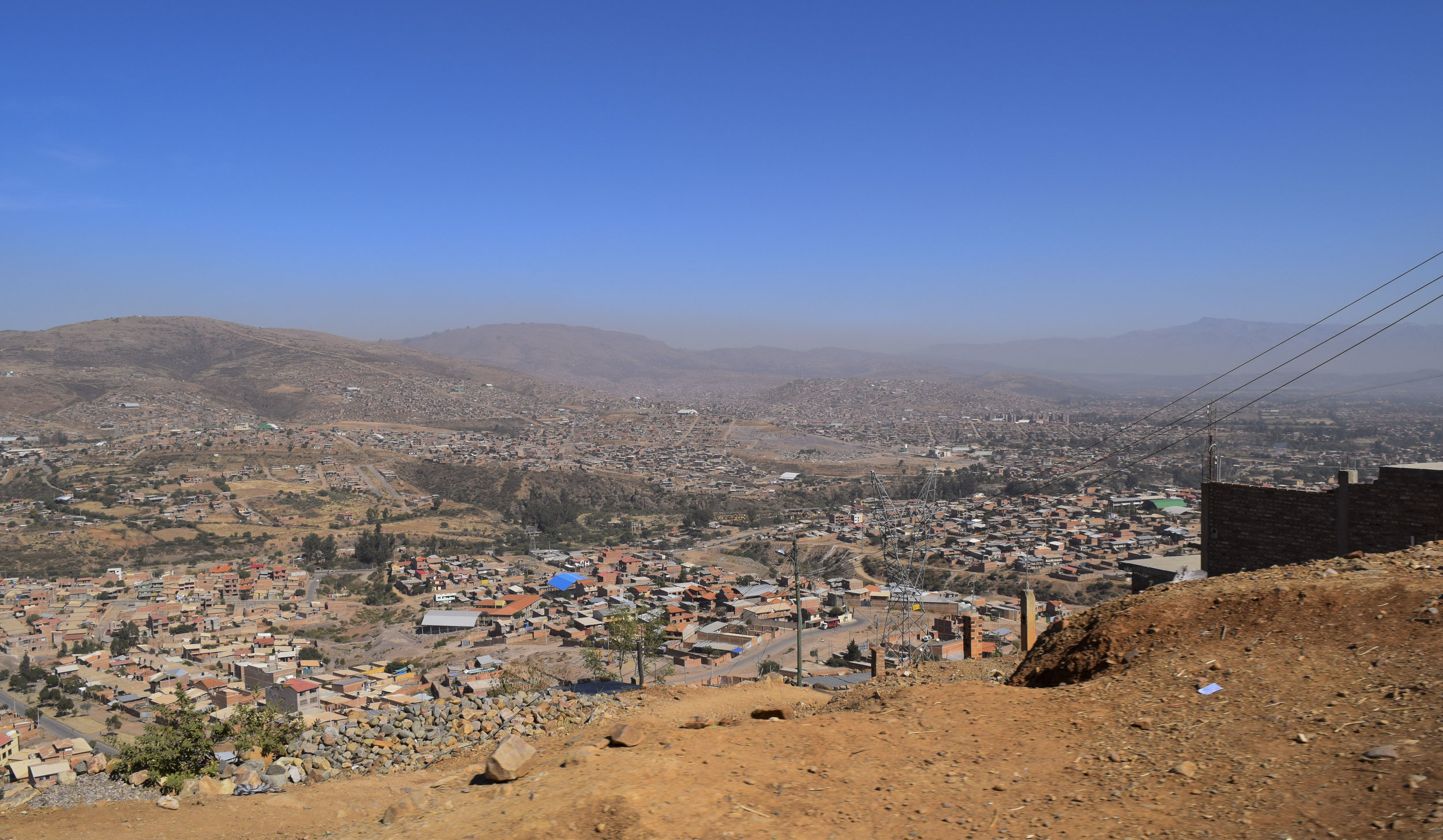
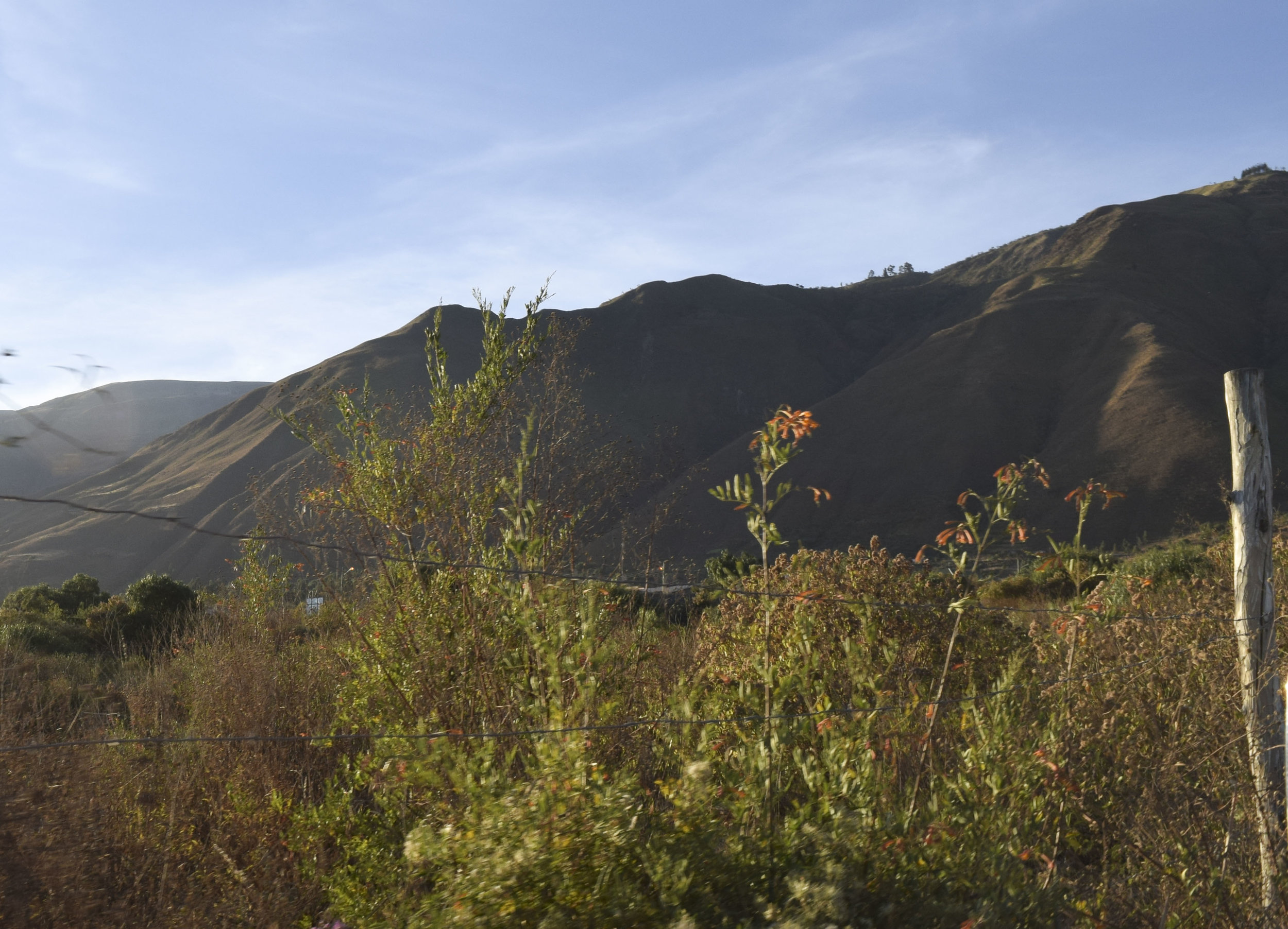
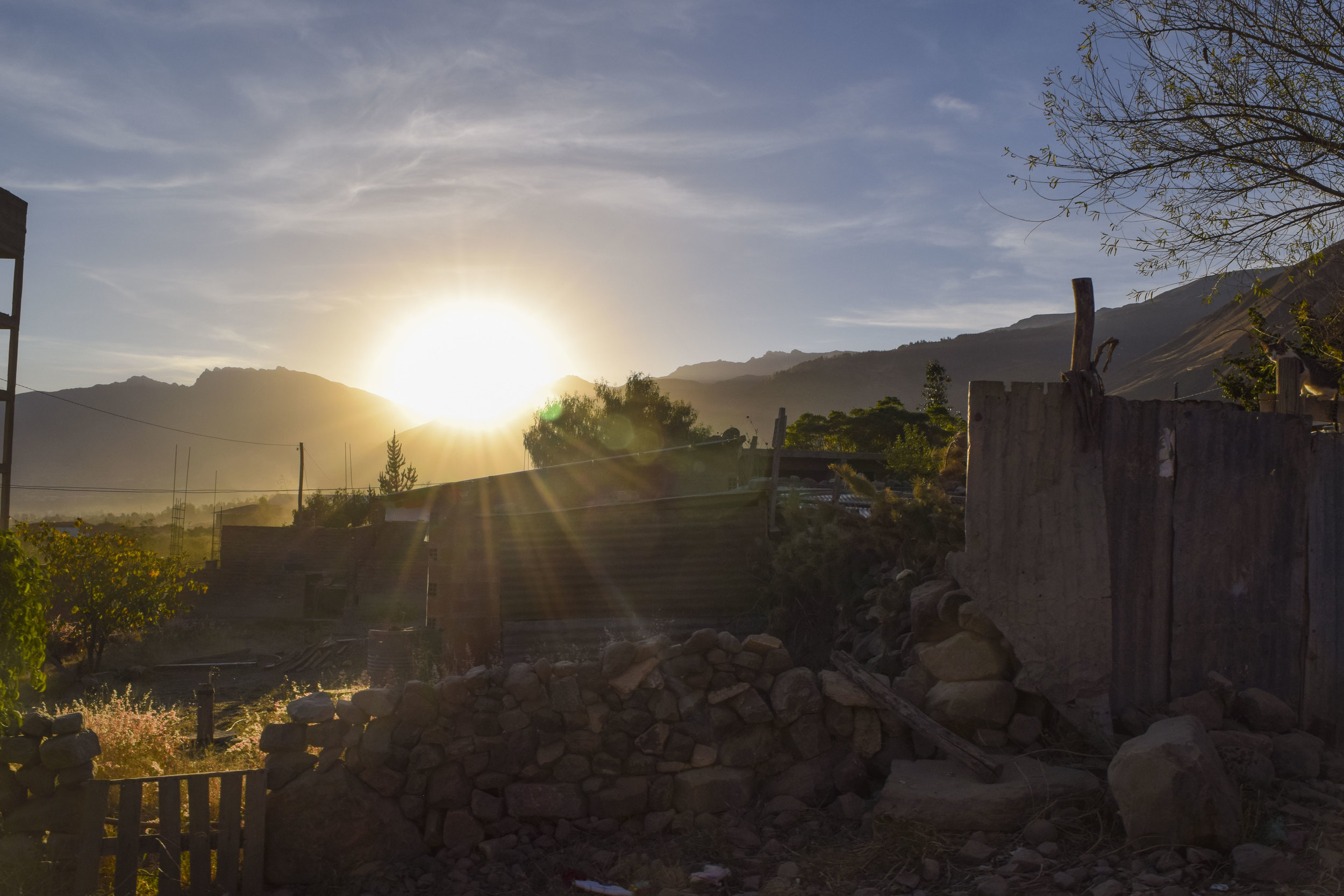
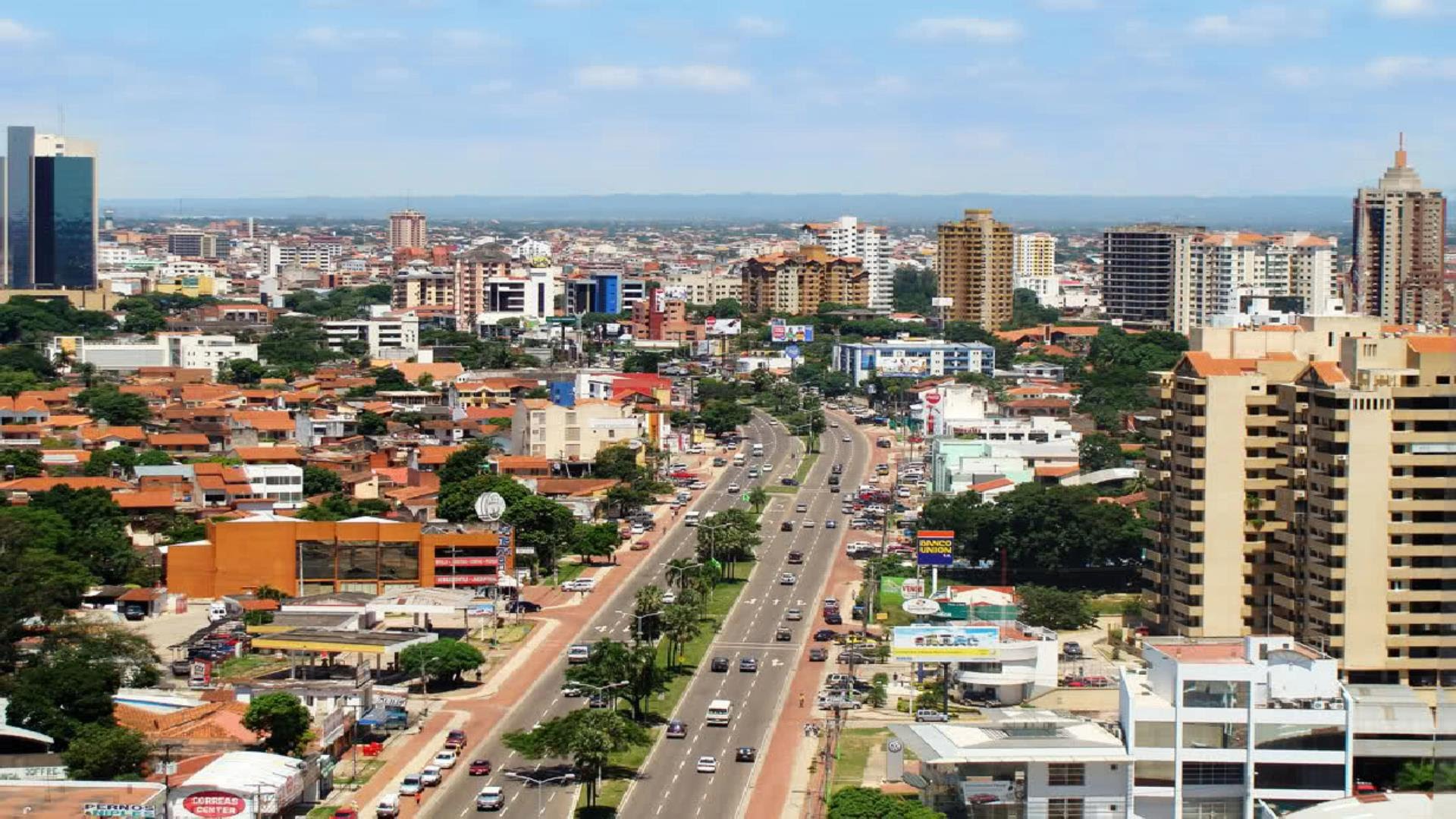


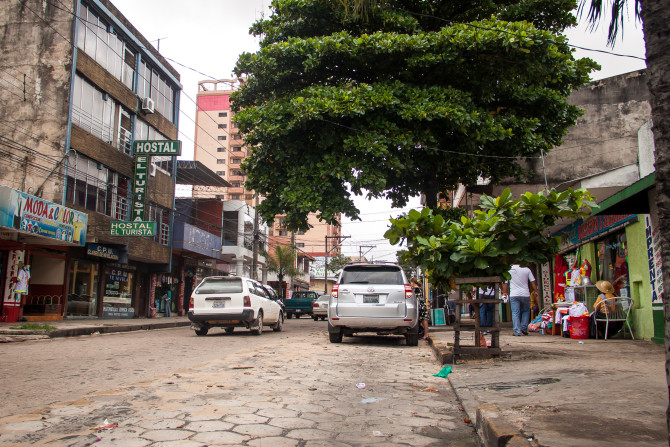
Bolivia is the fifth largest country in South America and has a population of about 11 million people. Over 65% of the population are indigenous
Bolivia has about 37 official languages, although Spanish is the most widely spoken. The other languages are indigenous languages such as Quechuas, Aymará and Guarani.
The official religion of Bolivia is Roman Catholicism, but there is a large segment of the culture of the population that practice indigenous religions.
The three largest cities in Bolivia are the cities of La Paz/El Alto, Santa Cruz, and Cochabamba.
Located in the Andes Mountains, Cochabamba is located at the geographical center of South America. The city has a population of about 1.8 million people and almost 2 million including metro regions.
At first glance, you would think that Cochabamba is a very developed city, but just below the surface there are real struggles with extreme poverty, malnutrition and alcohol addiction.
Santa Cruz de la Sierra is the most populous in the country with about 3.1 million people and it is one of the fastest growing cities in the Americas (North, South and Central). Although it is more "westernized" than other Bolivian cities, there are great problems with extreme poverty, human trafficking, health care and many other issues.
house of hope cochabamBa
The House of Hope in Cochabamba started as a way to connect seminary students to community needs that would serve the people of the rural and poorest regions of the department.
Through the life of this ministry, the House of Hope in Cochabamba has started or supported over 60 ministries and handed the majority of them off to churches to maintain as self-sustaining ministries.
Want to learn more about the ministries of the House of Hope Cochabamba? Visit Ministries We Support.
House of Hope, Santa Cruz
We are currently working on plans to develop a second location in Santa Cruz, Bolivia. This location will address situations and needs that are more contextualized for the unique challenges of a city in the midst of rapid urbanization. We hope in 2018 to start working with churches in this area.
Stay tuned!



